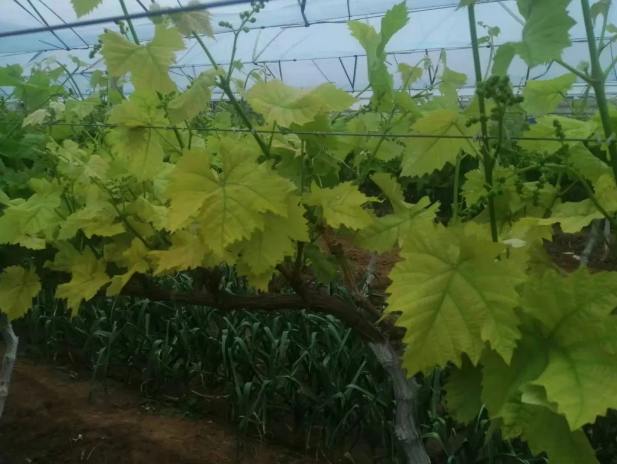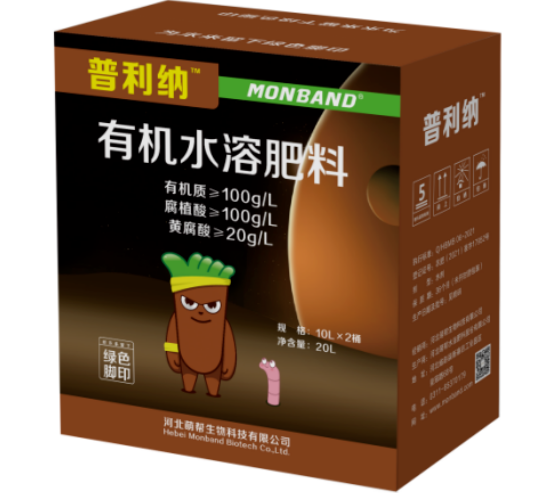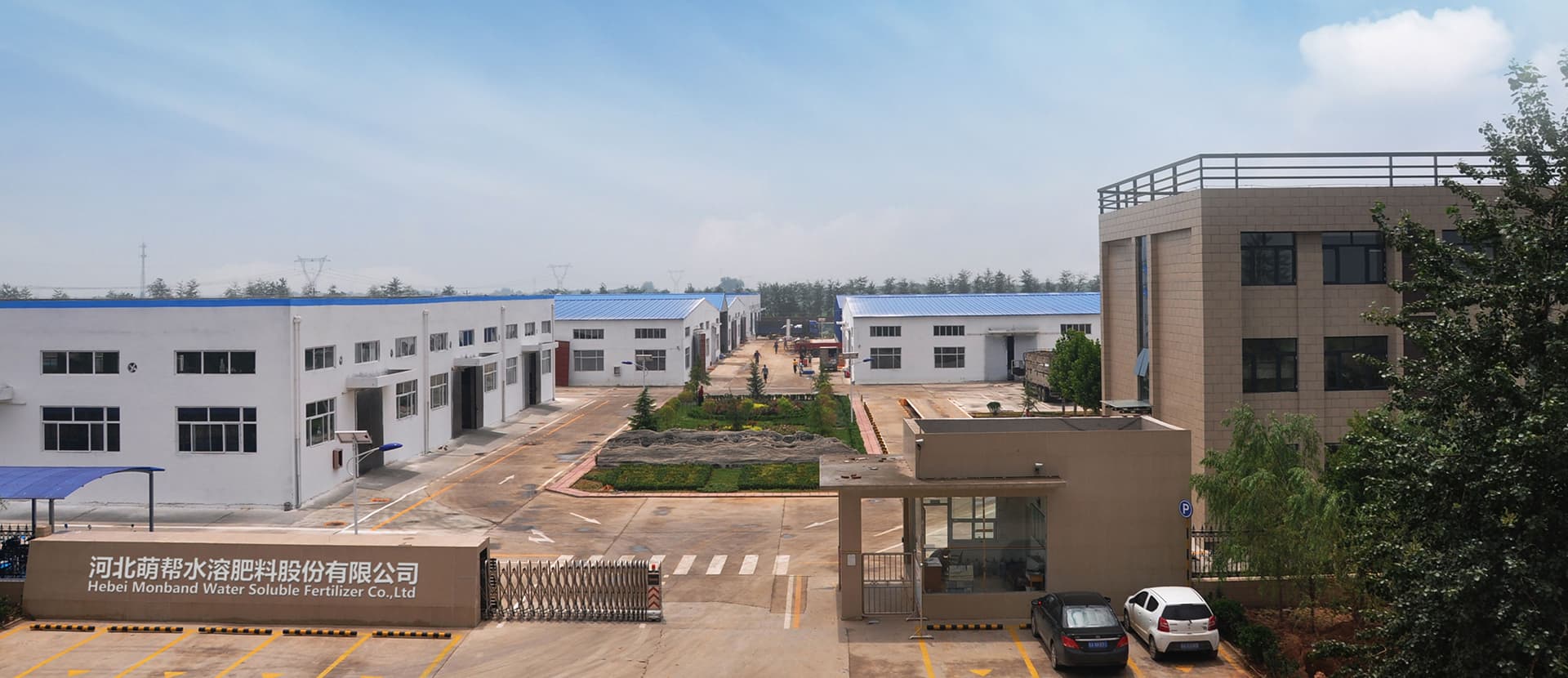Root problems and management of Shine-Muscat
Shine-Muscat suffered a sticky soil environment and crop root damage after a flood disaster.It is specifically characterized by the crop's tendency to decline early, or to suddenly stop growing during the expansion period.It can lead to lower yields of crops.

Recommended for this type of garden with damaged soil and very poor permeability:
1. Shallow soil cultivation
Shallow plowing of the soil helps to prevent water evaporation and increase the permeability of the soil. The depth of shallow plowing in general is 4-7 cm, and the depth is gradually reduced with the growth of the root system.
2. Grasp the timing of grassing
Grassing the orchard has a cooling and loosening effect.Therefore, timing the raw grass is key.For example, in the Henan region of China, it is usually around May 20th.When temperatures rise, watch for pest and disease control problems.
3. Scientific fertilization
When applying fertilizer, we should focus on organic fertilizer. At the same time, with the appropriate amount of elemental fertilizer.

Monband®MBT PULI-NANO®,rich in humic acid (150g/L) and a variety of biostimulants (amino acids, organic acids, and other small organic substances).It’s effective in increasing ground temperature and loosening the soil.It’s provides a comfortable growing environment for plant roots.





 Learn more
Learn more
 冀公网安备13019902000986
冀公网安备13019902000986